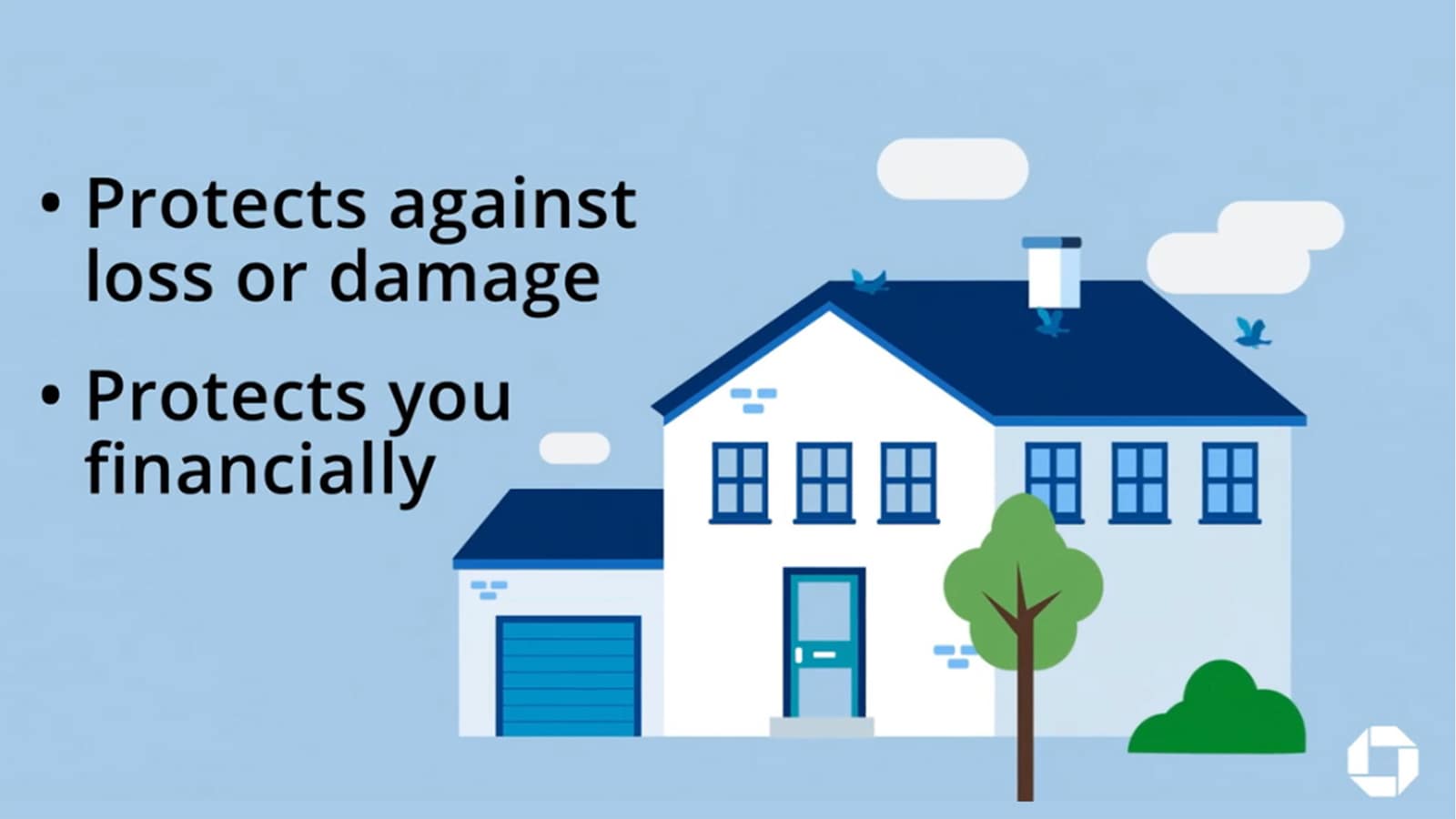How to use gift money for a down payment

If you're looking to purchase a house and you’re receiving a monetary gift, you might be able to use it for all or some of the down payment or closing costs on your home. Depending on the type of home loan you apply for, and how much money you received, several factors will determine whether you can use the gift money toward your home purchase.
Down payment gift
Saving for a down payment can be a challenge, especially for a first-time homebuyer. If you’re planning to buy a home, you may need to make a large down payment. It’s not always easy or quick. If you've received a large sum of gift money, it can be beneficial to put some or all of it toward a down payment.
Stipulations of using gift money for your down payment
Typically, mortgage lenders look at the exact amount of the gift, where it came from, and the relationship between you and whoever gave it to you. Lenders are less likely to allow you to use gift money for a down payment if it didn't come from someone close to you. When you use gift funds, you have to provide a gift letter that proves the funds are not a loan to be repaid. You may also be asked to provide documentation to prove the transfer of the gift into your bank account. This may include asking the donor for a copy of their check or bank account statement.
Using your gift money with a conventional loan
A conventional loan is a mortgage that isn't insured or guaranteed with any government entity. Most conventional mortgage loans allow homebuyers to use gift money for their down payment and closing costs as long as it's a gift from an acceptable source, such as from family members. Fannie Mae and Freddie MacOpens overlay define family as the following:
- Parent
- Children (including adopted, step and foster children)
- Sibling (including step-sibling, foster and adopted siblings)
- Grandparent (including great-grandparents, step and foster grandparents)
- Aunt and uncle (including great, step and foster aunt or uncle)
- Niece or nephew (including step-niece or nephew)
- Cousins (including adopted and step-cousins)
- In-laws (including parents and grandparents, aunt, uncle, brother- and sister-in-law)
- Domestic partner
- Fiancé
- A relative, defined as the customer's spouse, child, or other dependent, or by any other individual who is related to the customer by blood, marriage, adoption, or legal guardianship; or A non-relative that shares a familial relationship with the customer (defined as a domestic partner, individual engaged to marry the customer), or unrelated friend (defined as former relative, godparent, or relative of the domestic partner).
Using gift money with an FHA loan
If you apply for an FHA loan, your gift funds must be from family or another eligible donor. Cousins, nieces and nephews are not able to offer gift money under standard family guidelines.
The FHA also allows gifts from your employer, a labor union or from charitable organizations. You can also use funds from government agencies or public entities that provide homebuying assistance to low-to-moderate income or first-time buyers.
Using gift money with VA loans
The Department of Veterans' Affairs offers zero-down mortgage options for military veterans in certain circumstances. There are few restrictions on who can give you a gift toward your home purchase, but there is one major stipulation: the gift cannot be from someone who is an interested party.
An interested party would be someone who has a role in your transaction, such as a builder or developer, another broker, a real estate agent or the seller. Aside from that, you can use gift money for your down payment with a VA loan.
What is a gift letter?
A gift letter needs to be from the person who gave you the funds, and they need to include information showing the gift doesn't need to be paid back. Lenders typically provide a standard gift letter for you and the donor to complete, but have the donor prepare to include the following details in the letter to your lender:
- Their name(s) and contact information
- Their relationship to you
- The address of the home you're planning to buy
- The exact amount of the gift
- Their bank and account information to show where the money is coming from
- The date they gave you the gift money or the date they will transfer funds
- A statement that reiterates that the money is a gift and doesn't have to be repaid
- Their printed name(s) and signature(s)
Along with the gift letter, you may need to provide additional information from the person who gave you the gift, your Home Lending Advisor or lender will let you know what additional information you need to provide.
Are there limits on down payment gift amounts?
Usually, there aren’t any limits on the amount of money someone can give you toward your mortgage down payment. However, you may be required to pay a portion of your down payment from your personal funds depending on the property type and the amount you put down. For instance, if you're purchasing an investment property you may need to use your own funds for the down payment.
Primary residence
If the property you're purchasing is a primary residence, you can use your gift for all or part of the down payment. In some cases, you may need to contribute some of your own funds in addition to the gift.
Second homes
FHA and VA loan options aren't available to buyers purchasing a second home. And there are several guidelines for the gift amount with a conventional loan. In some cases, you may need to contribute some of your own funds in addition to the gift.
Advantages of using gift money for your down payment
One of the biggest advantages of receiving down payment gift money is that you’ll be able to put down a larger amount than you would have without it. This could mean buying a more expensive home or reducing the total amount you’re financing.
Another great advantage of using gift money to help with your home purchase is that it can help you come up with a down payment more quickly which can put you one step closer to buying a home.
To learn more about how gift money works, or to discuss low down payment programs, contact a Home Lending Advisor.



